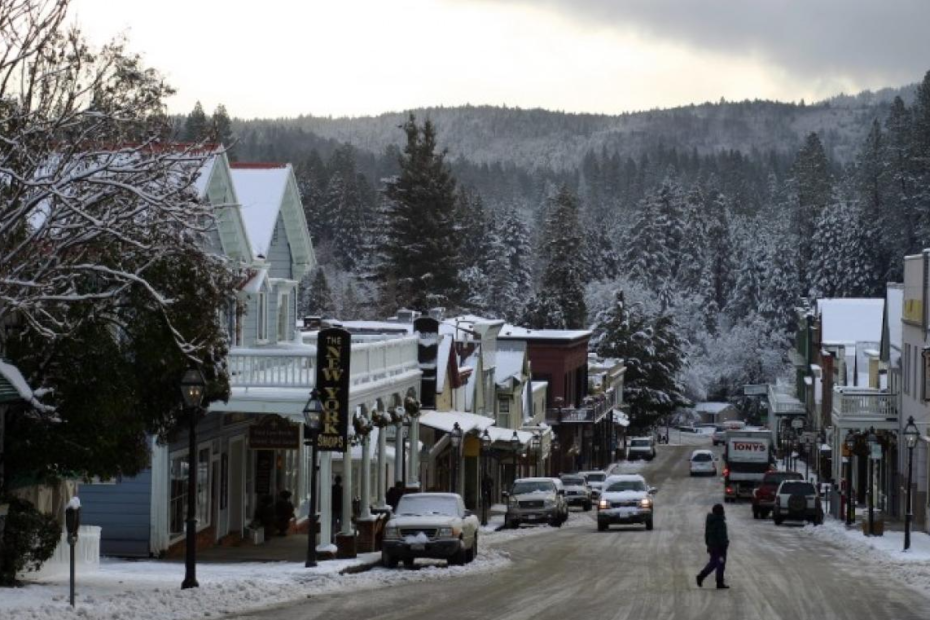In the enticing realm of photography, the boundary between art and privacy may occasionally get blurred. Understanding the difficult balance between recording the moment and maintaining private rights is especially important in locations like Nevada, where the entertainment industry thrives. Whether you’re a street photographer photographing Las Vegas’ bustling streets or a portrait artist working with clients, following Nevada’s privacy regulations helps guarantee you’re both compliant and courteous. Photographers may walk this route with confidence if they have resources like “Nevada vendor agreement templates” and know how to “Create a Vendor Agreement Template.” Let us dig into this complex interplay of art and privacy.
- A Brief Overview of Nevada’s Privacy Expectations
While the First Amendment to the United States Constitution provides freedom of speech, which includes photography, particular states, such as Nevada, have special privacy rules. Individuals in Nevada have a reasonable expectation of privacy in locations where they would normally feel their privacy is maintained, such as their homes, hotel rooms, or private gatherings.
- Public vs. Private Property
Public Places: In general, photographers have the right to photograph individuals in public places without their agreement. Parks, streets, and public events are all fair game. However, permission may be required for the usage of these pictures, particularly for commercial reasons.
Private Property: Taking images on private property without the owner’s permission might result in legal difficulties. Before putting up your camera, make sure you have permission, either verbal or written.
- Vendor Agreements: The Link Between Photography and Legal Clarity
Using “Nevada vendor agreement templates” might help to ease the often-complicated communication between photographers and customers or subjects. Here’s how:
Defining Scope and Limitations: The agreement can specify where and how images will be taken, utilized, and distributed, ensuring that all parties are on the same page.
Consent and Releases: Including model and property release agreements might help to avoid potential disputes and misunderstandings.
Commercial vs. Editorial Use: The template can identify the nature of the photograph’s usage, preventing image misuse that could infringe on someone’s rights.
- Creating a Customized Vendor Agreement using “Create a Vendor Agreement Template“
Include Specifics: Mention the type of photography, the location (public or private), and any post-processing details.
Payment and Rights: Clearly explain the payment conditions, rights to the images, and whether or not a third party will be involved.
Protection clauses are essential for indemnification, liability restriction, and secrecy.
Termination and Dispute Resolution: Make sure there are explicit conditions on agreement termination and how to proceed if issues emerge.
- Nevada Considerations
Because of Nevada’s strong entertainment sector, photographers may frequently find themselves working in situations with celebrities or high-profile persons. It is critical to comprehend the complexities of public figures’ rights in the state. While they may have lower expectations of privacy in public, they nonetheless have rights regarding commercial exploitation of their likeness.
- Using Resources such as Nevada Vendor Agreement Templates
“Nevada vendor agreement templates” are accessible online and might serve as a starting point. They provide a strong starting point and may be adapted to particular needs, saving both time and possible legal expenses.
